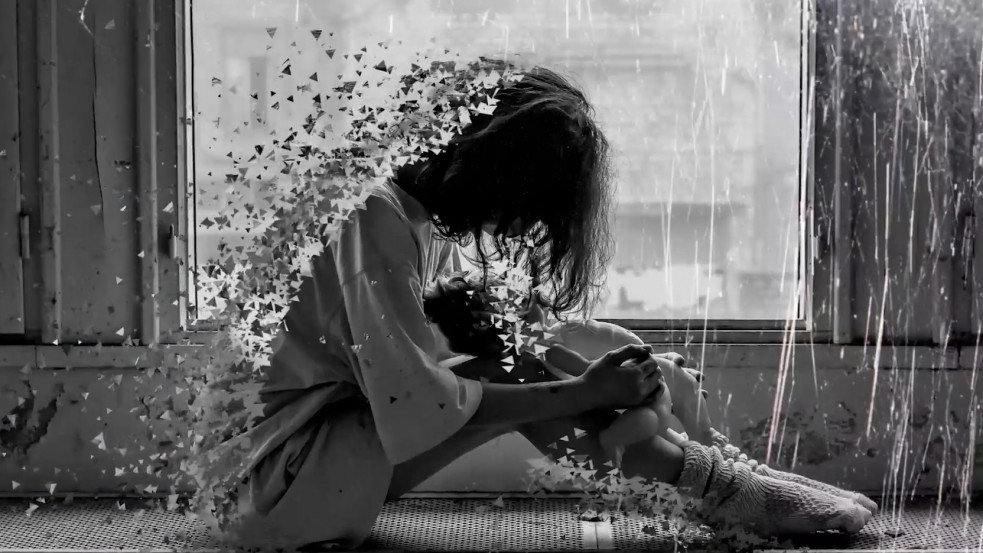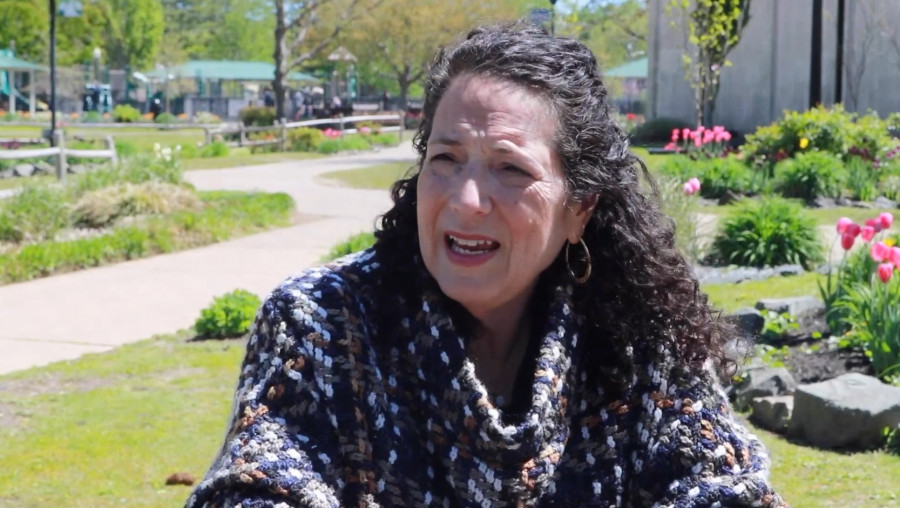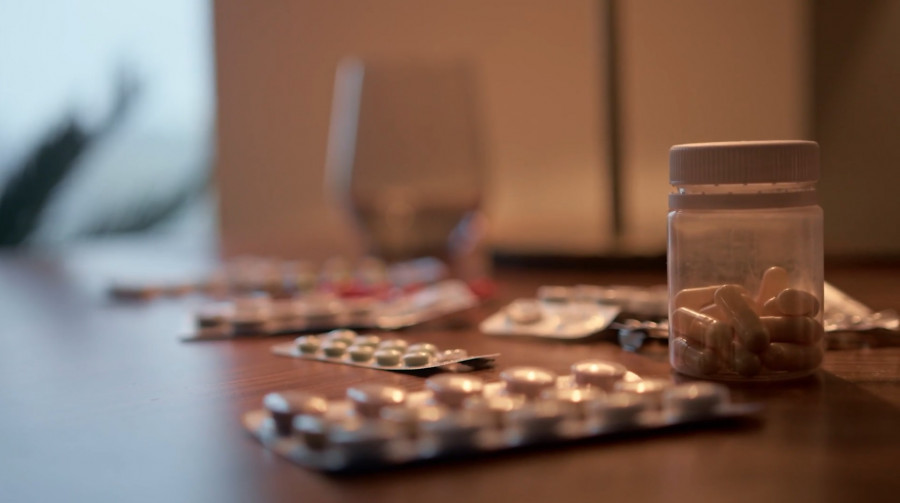
Taylor Reece's documentary titled Dead Name, which tries to show the consequences of institutionalized LGBTQ propaganda through the intimate, honest and moving accounts of three parents raising "transgender" children, was blocked by the video-sharing site Vimeo barely a month after its publication. The reason was indicated as a violation of their user principles: according to their opinion the records were "harmful, hateful and misleading". The followings are the shocking stories presented in the banned film.
In the almost one-hour film, through the stories of Amy, Helen and Bill, we get a glimpse of how shocking it is for a parent to face their pre-school or teenage child when they announce, seemingly without any precedent, that they have decided to change from a boy to a girl or from a girl to a boy. Affected parents find it difficult to understand what is happening around them, they struggle with feelings of loneliness, vulnerability and despair, while they hope that their ultimate fear, the irreversible medical transformation of their children will not become true. The Dead Name gives an insight into the inner thoughts, struggles and fights of parents for their seemingly lost children, in which neither educational nor medical institutions nor their families stand by them, and even turn against them.
Amy's teenage daughter was 15 years old when she announced to her mother that “he” was "transgender" and needed a new name. Her parents tried to digest what they had heard, and since she had just broken up with her boyfriend, they went into the process of changing her name. She was described as an easy child to handle, never had any problems with her. She slept in their bed for a long time and even as a teenager she often came over to their room. Later, she started acting, cut her hair and started wearing unisex clothes.
"Once she got into middle school, she didn’t seem like herself anymore. She locked herself in her room, she was not visible in the house, we always had to call up to her room. Something her temperament had changed. She wasn't very nice to us anymore"- recalls Amy, who thought at the time that this was a typical rebellious period that every mother and daughter must go through but it will pass.
Over time, the girl started hanging out with a friend who was transgender. "So here I saw this 157 cm young woman with a beard and I was saying that’s not my daughter, that’s not the future for my daughter. We didn't get the time to process what was going on, it was just shoved down our throats"- added Amy, with whom her daughter constantly argued, verbally abused her, threatening that if she didn't allow the gender change, she would commit suicide and it would take a toll on her mother's soul. This scared her husband and he started screaming at her too.
„I didn’t know it was so scripted ...but I could see that this was coming from somewhere else, it wasn’t organic, it isn’t something that just came out of her”
- Amy pointed out. According to her, people should accept that parents know their children better than anyone else and if necessary, they will tolerate their hatred in order to protect them from harm.
"This is like a crime against humanity. Where does our species go if you can cut off your body parts like this?”- she referred to the pressure from all directions to celebrate the gender change process. The adviser who she and her daughter visited told Amy that she should accept her daughter's decision and support her in it but she was unable to do so. Her daughter then moved away. Amy felt alone. Everyone she knew pressured her to accept the situation for the sake of peace, including her family. She tried to remind her daughter of the times when they had a good relationship and enjoyed each other's company. One day he showed her a video of her singing beautifully during a performance.
Amy just cried and her daughter scolded her for reminding her of what she wanted to forget. “You can't erase yourself. No, you can't get away from yourself, no matter what you do"- pointed out the tearful mother, who instead of seeing in her daughter that she would open up and make more friends because of the gender change, only closed herself more and more. Amy pointed out the need for parents who raise their children according to values but she does not see many examples of this in the American society today. "I lived in this nightmare for ten years until I found a parenting support group."

It never occurred to Helen and her husband to raise their child in a gender-neutral way but they saw that this was the case in several families. In the fall of 2014, the couple got divorced. One day, Helen received a phone call at work from the director of her son's daycare, saying, "Jonah says he is a girl." The call shocked her at first but then she shrugged it off, trusting that her son would outgrow this period anyway. „I didn't grasp its significance at that point"- she recalled. The caretaker also sent out a letter to all parents, in which they announced that one of their students would now be called Rosa, and asked everyone to celebrate and support “her” decision. When Helen took Jonah to kindergarten a week later, this name was already written on the admission papers, his locker and other belongings. "Am I invisible? Have I no control over how my child is treated? I felt completely helpless, I didn't know what to do at that point.”- she said in the documentary. Her son started using the female pronoun a month later and it was demanded everywhere.
"He was four years old, he didn't even know what pronouns are." The kindergarten never discussed anything with her, they always just informed her of their decision. Helen tried in vain to explain to them that her son was acting like a boy at home. Finally, she turned to a therapist and asked him what else could be behind it, because her son's case does not appear to be a classic gender dysphoria. Could the trauma of the divorce be in the background, does he want to gain acceptance with this? However, the answer was always the same: the decision to change gender should be accepted and celebrated. "What should I celebrate? That my child is going to be put on hormones, his penis will never grow, will never have a normal sex life and will be on drugs for the rest of his life?”- outraged Helen.
"When will I wake up? I thought is was my own little nightmare"
One day, when Jonah came home from pre-school, he told his mother that they had also told him about gender changer surgeries. He was only six years old. "That night in the bathtub he was so upset, he kept asking when they were going to take him to the surgery... The next morning he was still asking: are they going to take him to the surgery?" He was terrified that his genitals would be cut off..."- recalled the broken mother, who felt that her nightmare was only getting worse. She saw that her child was living the life of two different children, a girl named Rosa at pre-school and a boy named Jonah at home.
"How would it be healthy to live in two separate roles just to fit into your environment? I'm not a therapist but this can't be good for your mental health.”
- stated Helen, who, after finding a support group became stronger in it and also strengthened her son in this that he is not a little girl but a little boy. As Jonah grows up, he only has boy friends, plays with boys' toys, plays soccer, swords but his caretakers still call him Rosa. According to Helen, no one is willing to notice that he is actually a boy but he is becoming more and more sure of his true identity.

In the life of Bill's son, Sean, tragedies followed each other. When he was two years old, he was diagnosed with a rare type of cancer and one of his legs had to be amputated as part of the treatment. Three years later, he was attacked by leukemia and needed a bone marrow transplant. He liked dodgeball and hockey, which he played with his brother. "I didn't see any feminine traits in him."- Bill recalled.
Sean originally planned to study mechanical engineering to develop a prosthetic leg that he could control by his brain. After his mother's death, he became even more shut-in. He didn't play hockey anymore but he went to his prom with a girl. In February 2019, he announced that he was now a woman. Bill didn't know how to react, he wasn't very familiar with the topic of transgenderism but he had heard about Bruce Jenner's story, so he just asked his son to read up on it and then they would talk. It soon became clear that he had stage 4 of colon cancer.
At that point, he didn't even want to come home, he wanted to stay at the university. As determined as he was to fight against cancer, he was as determined to find ways to change gender as quickly as possible with hormone therapy. Bill saw the reasons in the fact that his son got into the wrong company as a freshman, living with three "trans believer" girls.
"They told him how pretty he would look as a girl. He didn't like his body anyway, but I can understand that. I could see him falling into prey, he got unduly influenced by them"
- said Bill, who was told by his son to call him Eliza from now on. "They convinced him at the university that if you fell depressed, or unhappy, it is just because you were born in the wrong body"- he added. "If it was any other circumstance, it would be criminal, what these people did to him" At one point, Sean tried to get hormones. The university endocrinologist canceled the appointment, stating that in his condition, if he got them, he would die.
At the psychiatrist, Bill expected him to consider how the series of tragedies that happened to Sean might have led to his decision but he stated that his son was indeed transgender and that Bill was "a rigid, abusive father" for not accepting it. The family also backed away from the father and they broke off contact with him a year and a half ago. One day there was a knock on Bill's door and he was told that his daughter had passed away. At first he thought they were at the wrong house, then he realized it was Sean. According to his last lab reports, there was no reason for his death but his father says there is a good chance that he got hormones and his body couldn't handle it. He buried his son under his original name but Sean's former university classmates questioned it in Facebook posts and comments why he used the "dead name", i.e. the identity corresponding to his biological sex, which had been completely buried years earlier.
(Translated by Anett Harmath)